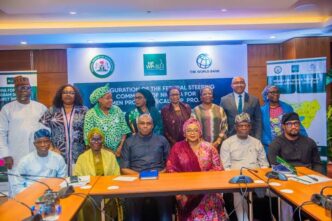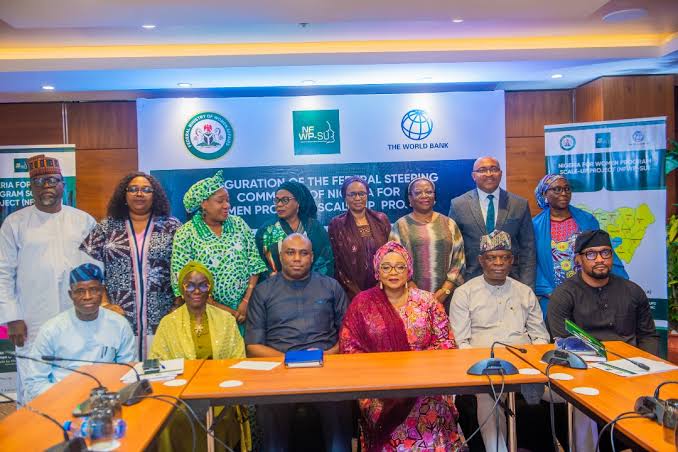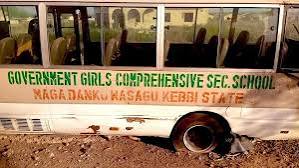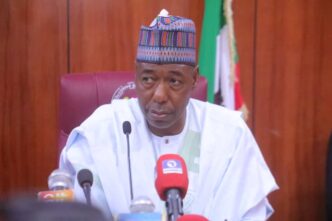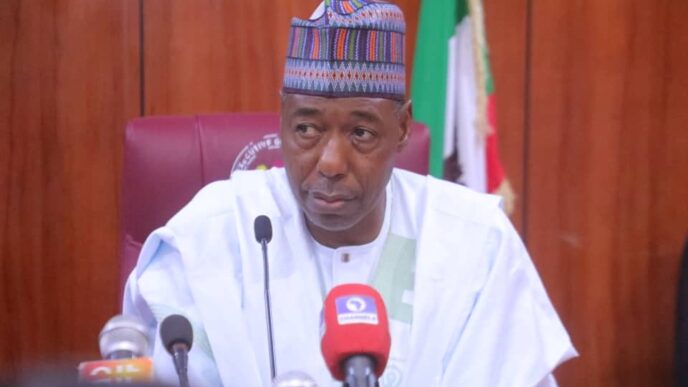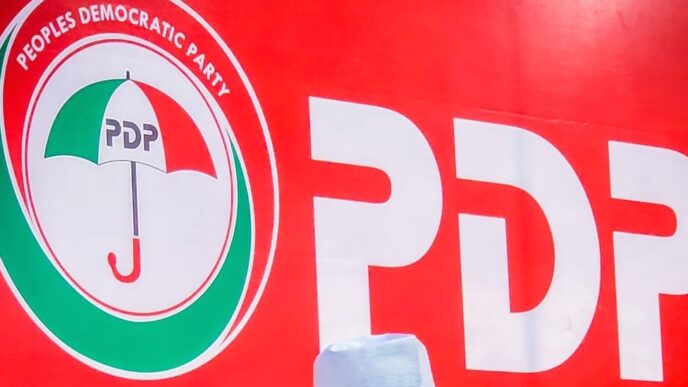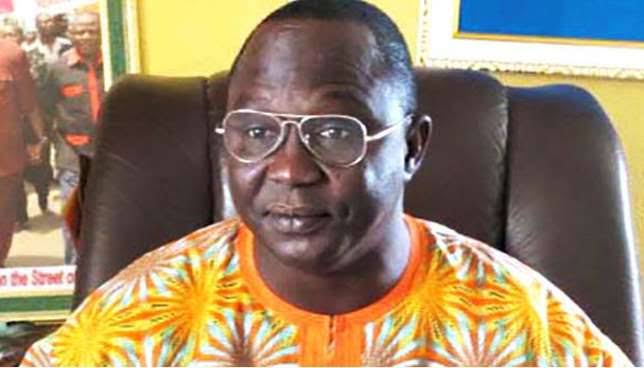The Federal Government has inaugurated the Federal Technical Committee (FTC) for the Nigeria for Women Programme Scale-Up (NFWP–SU), signalling a major step toward expanding women’s economic empowerment initiatives across the country.
Gatekeepers News reports that speaking at the inauguration ceremony in Abuja on Tuesday, Dr. Maryam Keshinro, Permanent Secretary of the Federal Ministry of Women Affairs and Social Development, said the committee’s creation reaffirms the government’s commitment to strengthening women-focused interventions and accelerating inclusive national development.
She described the NFWP–SU as a transformative extension of the Nigeria for Women Project, which ran from 2018 to 2024 in six pilot states — Abia, Akwa Ibom, Kebbi, Niger, Ogun, and Taraba. The original project, she noted, achieved remarkable gains by reaching more than 460,000 women, establishing 22,000 Women Affinity Groups (WAGs), and mobilising over N4.4 billion in collective savings.
Approved in June 2024, the scale-up phase aims to expand the programme nationwide while integrating financial inclusion, livelihood support, and social protection into a unified national framework.
“This model strengthens Women Affinity Groups into sustainable economic institutions linked directly to formal markets and financial services,” Keshinro said.
Highlighting persistent gender gaps in economic participation, she said the NFWP–SU aligns with the National Women Economic Empowerment (WEE) Policy, which provides a roadmap for tackling inequality.
“Seventy per cent of Nigerian women are extremely poor and have only about 10 per cent access to their own land. Although 70–80 per cent of agricultural labour is carried out by women, only 20 per cent of board representation is female,” she said.
“Women in Nigeria earn 45–50 per cent less than men in similar roles, and only 34 per cent of women have digital access compared to 88 per cent of men.”
She added that the programme also aligns with the World Bank Group’s Global Crises Response Framework, particularly in strengthening food security through agricultural production and climate resilience among women.
Keshinro urged the committee — comprising representatives from key technical departments across several ministries — to provide strategic guidance, ensure coordination, and deliver timely technical support to improve implementation. She tasked them with tracking progress, upholding accountability, and aligning activities with national policies and global best practices.
Presenting a progress update, National Project Coordinator Dr. Hadiza Maina said ongoing engagements with state governments, development partners, financial institutions, and community leaders aim to strengthen ownership and sustainability. She noted that the scale-up phase will introduce enhanced digital tools for monitoring, real-time reporting, and delivery of financial and livelihood support.
“Our goal is to ensure that every participating woman not only benefits economically but becomes part of a resilient network capable of withstanding shocks, supporting household welfare, and contributing meaningfully to the local and national economy,” she said.
Maina added that the programme is prioritising capacity-building in climate-smart agriculture, small-scale enterprise development, and digital financial literacy — areas she said are critical amid climate pressure, inflation, and rising economic vulnerabilities.
In her remarks, Dr. Yetunde Fatogun, Co-Task Team Lead for the World Bank, praised the Federal Government for scaling up a project that has shown measurable impact in improving women’s productivity, income, and resilience. She said the World Bank remains committed to supporting Nigeria in strengthening community-level systems that economically and socially empower women.
Fatogun noted that the scale-up comes at a crucial time, as global economic uncertainty and climate-related shocks disproportionately affect women, stressing the need for sustained collaboration among federal and state institutions, development partners, and civil society to reach the most vulnerable groups.

